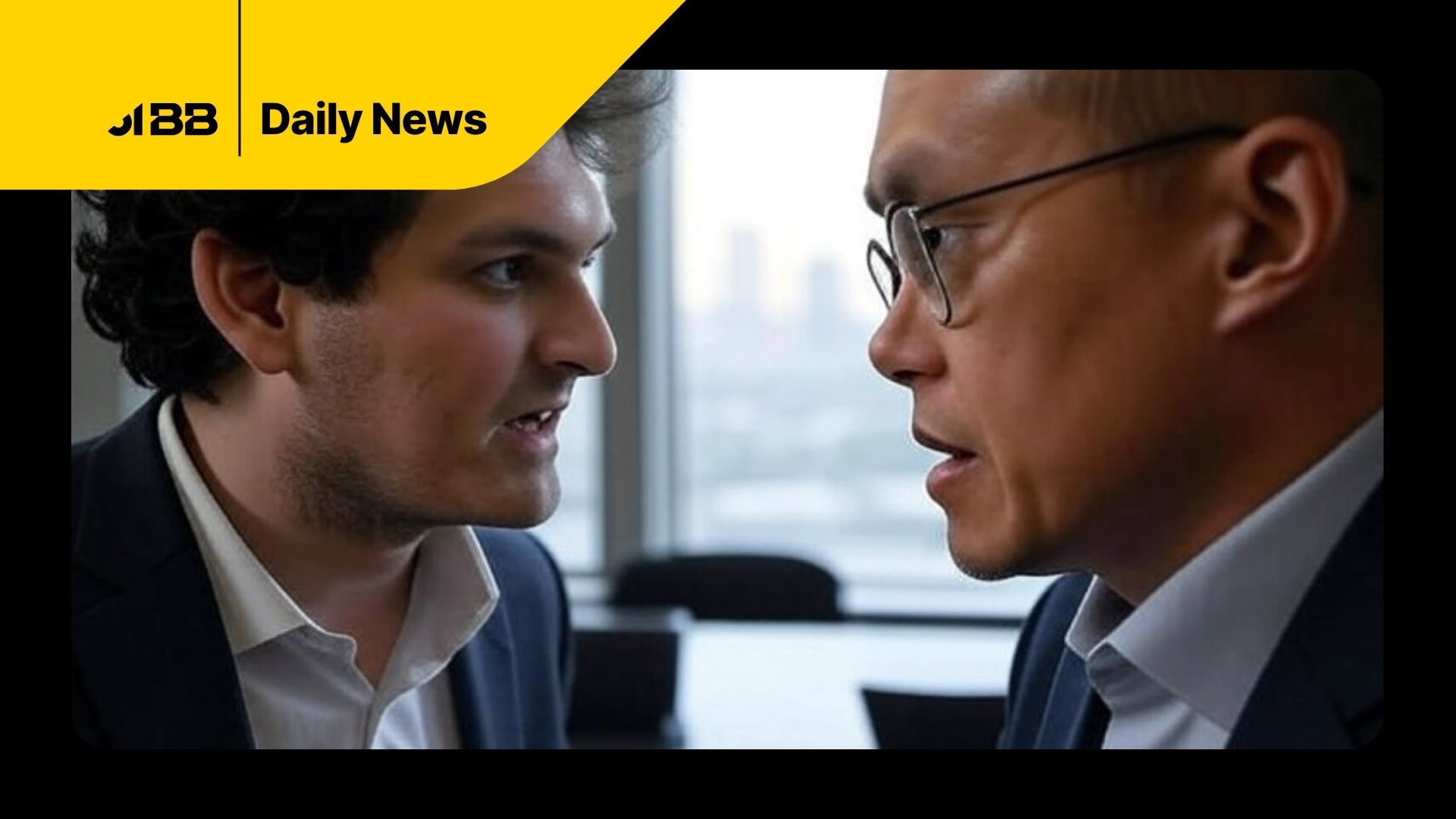Binance Moves to Dismiss $1.76B FTX Lawsuit as Strive Targets Discounted Mt. Gox Bitcoin Claims
Binance fights $1.76B FTX lawsuit, Unicoin faces SEC fraud charges, Strive targets Mt. Gox Bitcoin claims, and Circle co-founder launches AI-native banking startup Catena Labs.

Because Bitcoin
May 20, 2025
Binance Seeks Dismissal of $1.76B FTX Lawsuit, Blames Collapse on SBF’s Fraud
Binance has filed a motion to dismiss a $1.76 billion lawsuit brought by the FTX estate, arguing the claims are baseless and designed to deflect blame from FTX’s own misconduct. The filing, submitted in Delaware Bankruptcy Court, states that FTX’s downfall was due to internal fraud—citing founder Sam Bankman-Fried’s criminal conviction—not any actions by Binance or its former CEO Changpeng Zhao.
FTX alleges Binance improperly received billions in crypto from a 2021 buyback deal and that Zhao’s 2022 tweet about liquidating FTT contributed to the crash. Binance counters that the FTT sale was based on public information and denies any role in FTX’s collapse, noting that FTX continued operating for 16 months after the buyback. The exchange also challenges the court’s jurisdiction over foreign entities involved. Binance has requested full dismissal with prejudice. The FTX estate has yet to respond.
Meanwhile, FTX plans to start a second round of creditor repayments totaling over $5 billion on May 30.
Circle Co-Founder Sean Neville Raises $18M for AI-Native Banking Startup Catena Labs
Sean Neville, co-founder of Circle and a longtime crypto entrepreneur, has launched a new startup called Catena Labs aimed at building an “AI-native bank.” The company raised $18 million in seed funding led by Andreessen Horowitz’s crypto arm, with participation from Breyer Capital, Circle Ventures, Coinbase Ventures, and Tom Brady.
Neville envisions a future where AI agents, not humans, handle most financial transactions. After leaving Circle in 2020, he spent years researching AI and emerging tech like decentralized identity. In 2023, following the release of ChatGPT, Neville and his team committed fully to AI, aiming to modernize outdated financial infrastructure.
Catena Labs, still in early development with a small team, has built an open-source protocol focused on AI-powered payments and identity. While not launching a stablecoin, Neville says blockchain and stablecoins will be part of the architecture, but not the core focus.
Strive Eyes Discounted Mt. Gox Bitcoin Claims to Boost Holdings Ahead of Reverse Merger
Vivek Ramaswamy’s investment firm Strive plans to acquire distressed Bitcoin claims from the defunct Mt. Gox exchange, targeting claims linked to 75,000 BTC. In a May 20 filing, Strive said it partnered with 117 Castell Advisory Group to buy legally approved but undelivered claims, aiming to increase its Bitcoin per share before completing a reverse merger with Asset Entities mid-year. Unlike SPAC mergers, this structure may give Strive more flexibility to acquire Bitcoin. The Mt. Gox repayments are due by Oct. 31, making shareholder approval for the move time-sensitive. This initiative reflects a growing trend of firms turning into Bitcoin treasury companies. Strive will hold 94.2% of the merged entity, which will be renamed Strive, while Asset Entities — whose stock has surged 1,170% since the merger announcement — will retain 5.8%.
SEC Charges Unicoin and Executives in $100M Fraud Over Fake Asset-Backed Crypto Certificates
The SEC has charged crypto firm Unicoin and three of its top executives—CEO Alex Konanykhin, former president Silvina Moschini, and ex-CIO Alex Dominguez—with conducting a fraudulent offering that raised over $100 million from more than 5,000 investors. From 2022 onward, Unicoin allegedly misled the public by claiming its tokens were backed by billions in real estate, though the actual assets were worth far less. The SEC says the company falsely claimed to have sold $3 billion in rights certificates, when the real figure was under $110 million, and misrepresented its offerings as SEC-registered.
Promoted heavily via airports, taxis, TV, and social media, the certificates were marketed as safe, next-gen crypto investments. The SEC also charged general counsel Richard Devlin, who has agreed to pay a $37,500 penalty. The agency is seeking injunctions, disgorgement, penalties, and executive bans. Unlike past cases, this one targets misleading “asset-backed” rights certificates, rather than direct token sales.
Resources:

